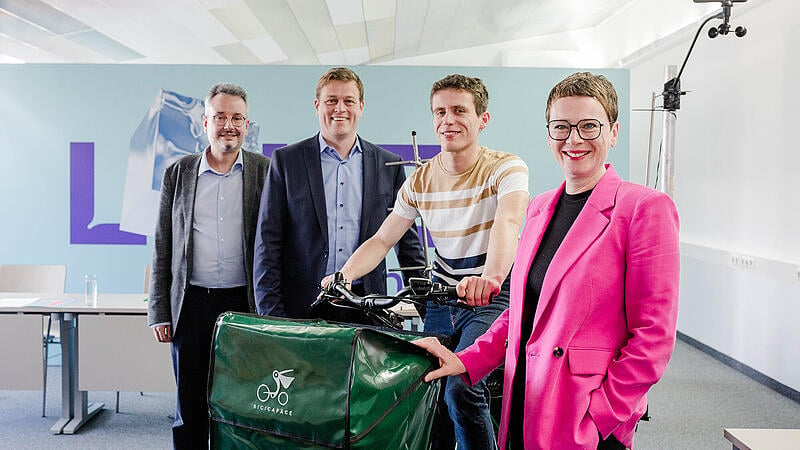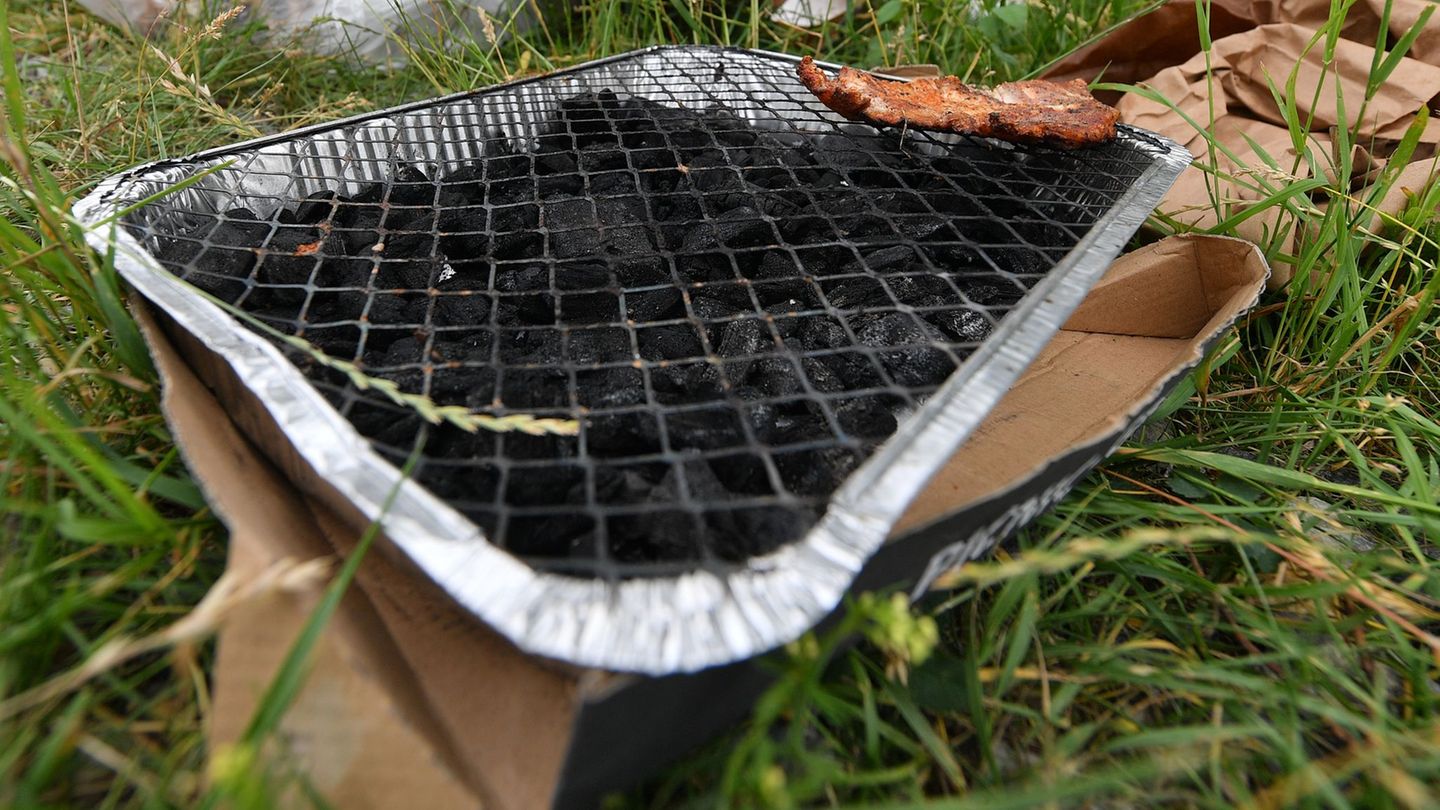Image: Werner Dedl
“We just want to know where these particles come from,” says Gerald Binder from the Environment Department of the City of Linz. He means ultrafine dust and ultrafine nanoparticles, UFP for short. The city of Linz wants to measure its content in the Linz air, identify the main culprits and develop countermeasures – as the first city in Austria.
Strong health effects suspected
“Especially ultra-fine dust and nanoparticles have a great potential for interactions with the human organism,” says City Councilor Eva Schobesberger (Greens). With a diameter of between 1 and 100 nanometers, UFP are the smallest particles of fine dust. There are still no consistent statements on their health effects and no limit values. However, UFP can penetrate to the periphery of the lungs, which is why scientists assume that they have a greater impact on health. “This is an issue that we as a city have to deal with,” says Hans-Martin Neumann, director of the Planning, Technology and Environment division.
On the go with the measuring wheel
A fixed measuring station on Anzengruberstrasse has been in operation since the beginning of the year. In addition, mobile measurements should also be carried out. From June, a cargo bike that has been converted into a measuring wheel will drive to measuring points where a particle concentration is to be expected. “If, for example, CO2, SO2 or hydrocarbons are involved, you can draw conclusions about the cause,” says Binder. Possible candidates are transport, domestic fuel, aviation, power plants and industry. Results should be available in 2024.
Pioneering work in Linz
“A piece of pioneering work” should be done, says environmental councilor Stefan Kaineder (Greens), who referred to the situation in the 1970s and 1980s, when the air in Linz was literally bad. Since then, a lot has been done and achieved to improve it. The limit values for particulate matter were only exceeded twice in the whole of 2022. However, according to Kaineder, this was not only due to their own measures, but above all to the still changing mobility behavior due to Corona and the technical progress in vehicles.
Source: Nachrichten




